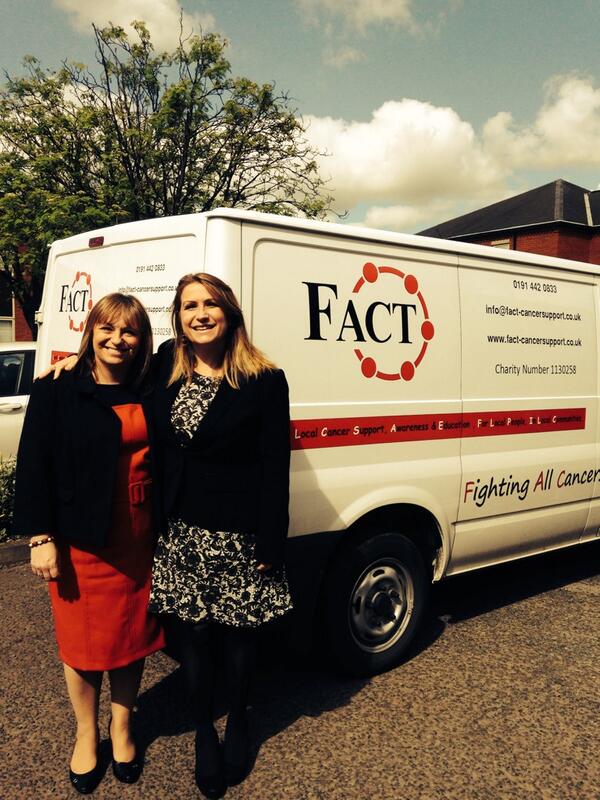
On 13th May I visited Joanne Smith in Newcastle. Joanne is the founder and CEO of one of the charities that Insurancewith supports, FACT (Fighting All Cancers Together). The visit was for a talk and advice session for FACT service users on travel insurance for people diagnosed with cancer. Read more
Travelling during holiday season can be draining at the best of times, but with a long-term condition like cancer, there’s a lot more to worry about and people can become overwhelmed. However, what many would look forward to as a time of joy, may become a disaster should something unexpected happen whilst out of the safety net of their local cancer services.
It is recommended that you discuss any travel plans with your doctor before you book a holiday abroad, as they will know the ins-and-outs of your individual situation and can advise you on any vaccinations you might be unable to receive, whether or not you will be considered fit to fly and any help needed in regards to treatment options.
Below are some tips and pieces of advice for those wishing to travel after experiencing cancer:
Going abroad usually means you are leaving the safe umbrella of the NHS, and medical costs overseas can often be more expensive than we realise. Whilst travel insurance can help us with these high costs after we’ve had an accident or become ill, it also covers costs that the free or subsidised medical treatment you’re entitled to, might not.
If you’re planning on travelling somewhere within the European Economic Area (EEA), including Switzerland, from 1st January 2021 rules around travel to Europe have changed, visit the Government website for up to date information on passports, EHIC, healthcare and more. We’ll update this page with more information as and when the Government release it.
If you are travelling as a visitor in New Zealand, and seek medical attention, you will be enrolled in this system, any medical treatment you receive will be subsidised by the New Zealand Government’s Reciprocal Health Care Agreement (RHCA).
The New Zealand Government has Reciprocal Health Care Agreements with Australia, the UK, the Republic of Ireland, Sweden, the Netherlands, Finland, Italy, Belgium, Malta, Slovenia and Norway. Meaning Australian residents can get help with the cost of medical treatment whilst visiting these countries, and residents of these countries can get some essential medical treatments whilst visiting Australia.
If you’re travelling within New Zealand and have to seek medical attention, find a public state hospital and make sure you have proof of UK residence with you, which can be any one of the following:
Medicare is a publicly funded health care system available to citizens and ordinarily resident individuals throughout Australia. If you are travelling as a visitor in Australia, and seek medical attention, you will be enrolled in this system and any medical treatment you receive will be subsidised by the Australian Government’s Reciprocal Health Care Agreement (RHCA).
The Australian Government has Reciprocal Health Care Agreements with New Zealand, the UK, the Republic of Ireland, Sweden, the Netherlands, Finland, Italy, Belgium, Malta, Slovenia and Norway. Meaning Australian residents can get help with the cost of medical treatment whilst visiting these countries, and residents of these countries can get some essential medical treatments whilst visiting Australia.
If you’re travelling within Australia and have to seek medical attention, find a public state hospital and make sure you have proof of UK residence with you, which can be any one of the following:
Clothing
Before You Go
Travelling with children means bringing a lot more things on holiday with you than you normally would, which also means a lot more things to forget about. InsuranceWith have created this family travel checklist to give you a helping hand:
